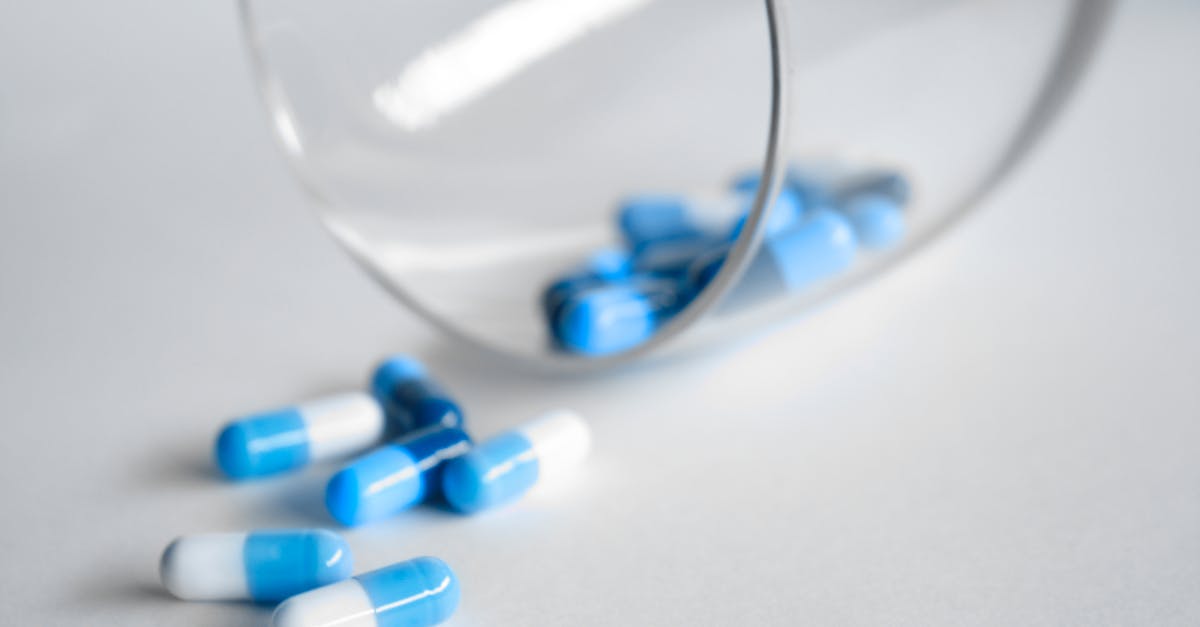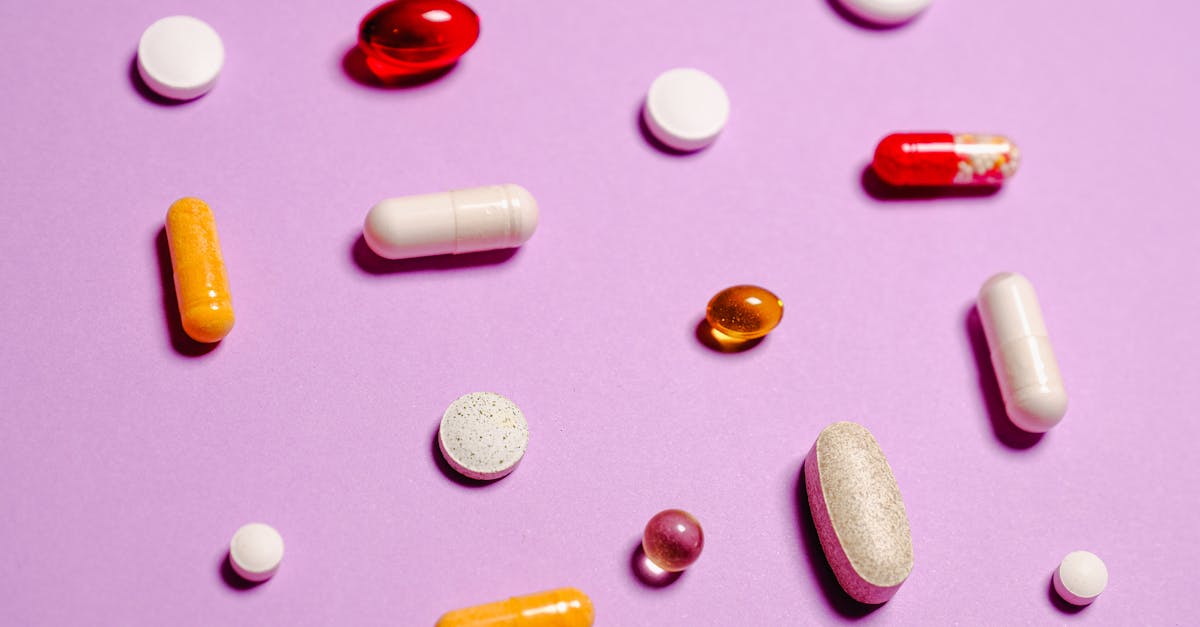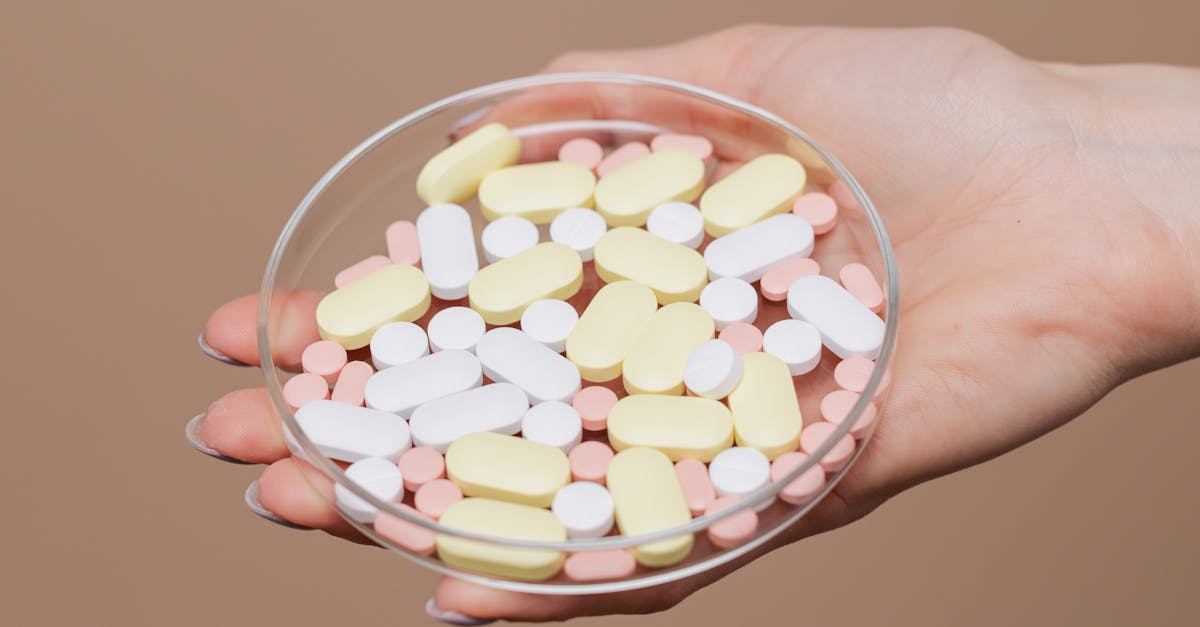
Detoxification
Intervention Colorado offers a comprehensive detoxification service for individuals struggling with substance abuse. Our highly trained and compassionate team provides a safe and supportive environment for clients to undergo detoxification from drugs or alcohol. Our goal is to help clients manage withdrawal symptoms and safely rid their bodies of harmful substances. We tailor our detoxification program to meet the unique needs of each individual, ensuring a personalized and effective approach to treatment. At Intervention Colorado, we are committed to helping our clients start their journey to recovery with a solid foundation of detoxification.
Detoxification Techniques
Detoxification techniques encompass a variety of methods aimed at eliminating toxins from the body. One common approach is through the consumption of detox diets, which typically involve consuming nutrient-dense fruits, vegetables, and beverages such as green tea to support the body's natural detoxification processes. Fasting is another technique that allows the digestive system to rest and focus on eliminating accumulated waste and toxins.
For individuals experiencing withdrawal symptoms from drugs or alcohol, detoxification can be facilitated through medically supervised programs that may involve inpatient or outpatient care. Rapid detox is a popular technique that accelerates the detox process using anesthesia or sedatives, although it can come with potential risks and side effects. Another method is chelation therapy, particularly beneficial in heavy metal detox, where specific substances are administered to bind to toxic metals in the body and facilitate their removal. In addition, therapies such as foot detox baths and oxygen therapy are also used to aid in the elimination of toxins.
Benefits of Chelation Therapy in Heavy Metal Detox
Chelation therapy is a treatment used in heavy metal detoxification that involves administering certain nutrients intravenously to bind with heavy metals in the bloodstream, allowing them to be excreted from the body. This therapy is particularly beneficial in cases of lead and mercury poisoning, as well as in helping to eliminate other toxic substances that may have accumulated in the body over time. By using chelation therapy, individuals can reduce the level of heavy metals in their system, which in turn can lead to improvements in overall health and well-being.
One of the key advantages of chelation therapy lies in its ability to reduce oxidative stress in the body. Heavy metals can contribute to the production of free radicals, which are unstable molecules that can cause damage to cells and tissues. By removing these toxic substances through chelation therapy, individuals can lower their risk of developing conditions such as heart disease, high blood pressure, and diabetes, all of which are linked to oxidative stress and inflammation. Additionally, chelation therapy has been found to be a safe and effective treatment option for those looking to rid their bodies of harmful pollutants and toxins that can accumulate from various environmental sources.
Detoxification and Disease Prevention
When it comes to detoxification and disease prevention, the process of ridding the body of harmful toxins is believed to play a crucial role in maintaining overall health. By eliminating substances that can potentially lead to diseases, detoxification aims to boost the immune system and reduce the risk of various health conditions. Studies suggest that a well-managed detox protocol can support the body in fighting off illnesses and maintaining optimal functionality of vital organs.
Through facilitating the removal of toxins and heavy metals from the body, detoxification may also impact heart disease risk. Heavy metal detox methods, such as chelation therapy, have been studied for their potential benefits in reducing the presence of harmful metals like mercury and lead in the body. By lessening the burden on the cardiovascular system, detox protocols can potentially contribute to lowering the risk of heart-related issues, further emphasizing the importance of incorporating detoxification practices as part of a comprehensive approach to disease prevention.
Detoxification's Influence on Heart Disease Risk
Detoxification has been proposed as a means to reduce the risk of heart disease by promoting the removal of harmful substances from the body. In theory, eliminating toxins that may contribute to inflammation and oxidative stress could potentially lower the likelihood of developing cardiovascular issues. However, the precise impact of detoxification on heart disease risk remains a topic of debate among health professionals and researchers. Studies examining the direct link between detox practices and heart health outcomes have yielded mixed results, highlighting the complexity of addressing cardiovascular issues through detoxification alone.
Supporters of detoxification argue that by improving liver function and supporting the body's natural detox processes, individuals may experience a reduction in risk factors associated with heart disease. Additionally, proponents suggest that eliminating toxins can lower the overall burden on the cardiovascular system, potentially leading to better heart health outcomes. While these claims are compelling, more research is needed to fully understand the mechanisms through which detoxification may influence heart disease risk. As such, individuals interested in reducing their risk of cardiovascular issues should consult with healthcare professionals to determine the most effective strategies for maintaining heart health through a combination of healthy lifestyle choices and evidence-based interventions.
Common Myths About Detox
One common myth about detox is that engaging in a detox program will lead to permanent weight loss. While some detox programs may promote initial weight loss, this is often due to water weight and temporary calorie restriction rather than sustainable fat loss. Additionally, detox programs that focus on quick weight loss through extreme measures can be harmful to overall health and metabolism in the long run.
Another myth surrounds the idea that detox products or regimens can completely purge the body of all toxins, leaving it in a state of pure cleanliness and health. In reality, our bodies have highly efficient systems, such as the liver and kidneys, that already work to detoxify and eliminate waste products daily. Most detox products lack scientific evidence to support their claims of enhancing these natural processes or removing toxins more effectively than the body already does on its own.
Debunking Claims About Detox Products
Some detox products claim to rid the body of "toxins" and promote health and weight loss. However, it's essential to approach these assertions with caution as many of these products lack scientific evidence to support their claims. The human body is naturally equipped with organs like the liver and kidneys that efficiently eliminate waste and toxins; therefore, the necessity for additional detox products is often questionable.
Furthermore, some detox products may have adverse effects on individuals, particularly those with underlying health conditions or taking medications. Users should be wary of detox products that promise a quick fix or miraculous results, as they could potentially be harmful and exacerbate existing health issues. It's advisable to consult with a healthcare professional before embarking on any detox program or using detox products to ensure safety and efficacy.
FAQS
What is detoxification?
Detoxification is the process of removing toxins and harmful substances from the body to enhance overall health and well-being.
What are some common detoxification techniques?
Common detoxification techniques include fasting, consuming detox drinks or teas, following a specific diet, sweating through exercise or saunas, and using natural supplements.
What are the benefits of chelation therapy in heavy metal detox?
Chelation therapy can help remove toxic heavy metals such as lead, mercury, and arsenic from the body, which may improve cognitive function, cardiovascular health, and overall well-being.
How does detoxification influence the risk of heart disease?
Detoxification can aid in reducing inflammation, lowering blood pressure, and improving cholesterol levels, all of which are factors that can contribute to a decreased risk of heart disease.
What are some common myths about detox?
Common myths about detox include the belief that it is a quick fix for weight loss, that it can cure all ailments, and that expensive detox products are more effective than natural methods.
Are claims about detox products legitimate?
Many claims about detox products are exaggerated or false. It's essential to be cautious of products that promise unrealistic results and to focus on adopting a balanced lifestyle for long-term health benefits.


